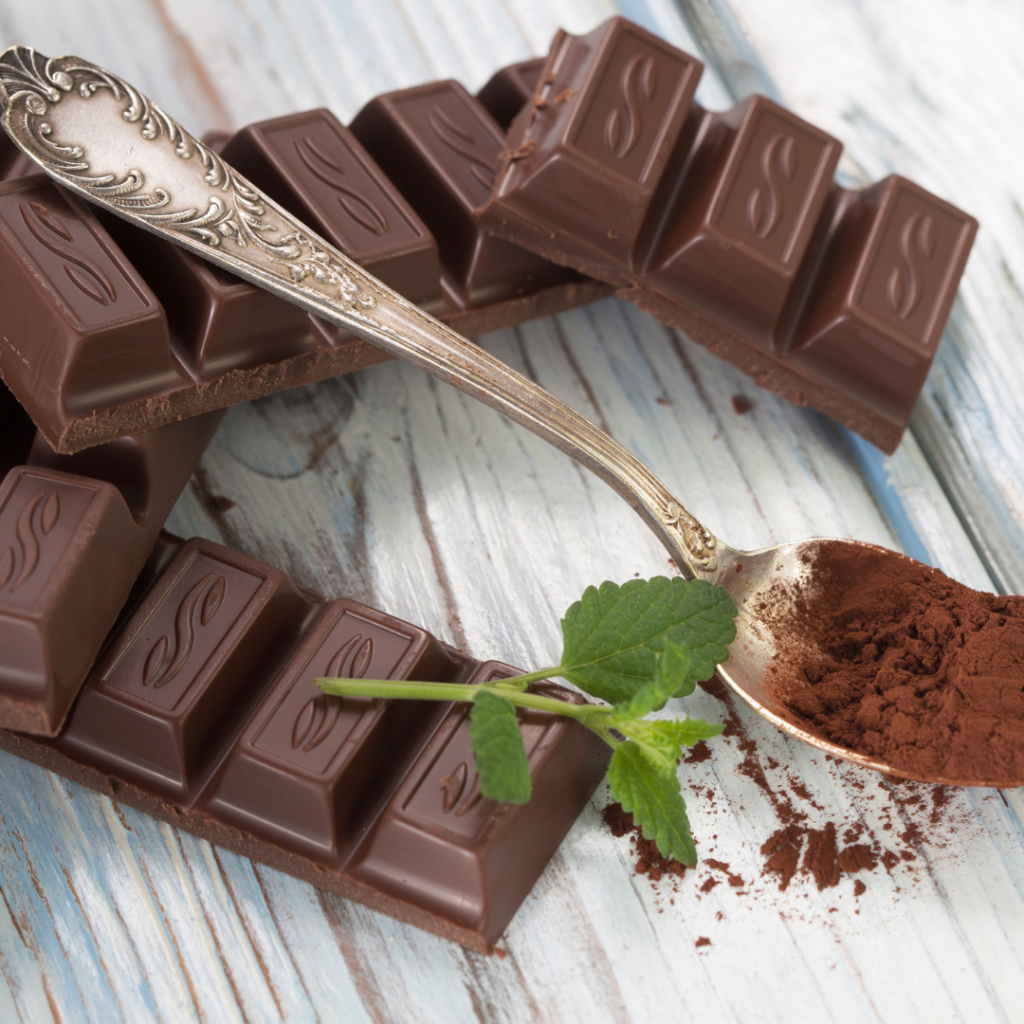
Dark chocolate is booming in gourmet shops, Michelin-starred restaurants, and chocolatiers across the globe–owing in no small part to recent research on the numerous health benefits of this product. Over a decade ago, studies pointing to dark chocolate as a potent health food began. One study, published by researchers at the University of Nottingham, showed that eating chocolate could help boost blood flow to key areas of the brain, thus providing a powerful boost to one’s cognitive skills. Dark chocolate contains many healthful compounds, including flavonols, which can help consumers battle fatigue, sleep deprivation, and even serious illnesses such as heart disease.
Dark Chocolate And Heart Health
The Federation of American Societies for Experimental Biology recommends the consumption of dark chocolate because this food helps restore flexibility to arteries and prevents white blood vessels from attaching themselves to the walls of blood vessels. Because artery stiffness and white blood cell adhesion are two major factors involved in atherosclerosis, foods which prevent these processes can play an important role in long-term health. Other studies have shown that dark chocolate lowers blood pressure. To avail of the beneficial effects of dark chocolate, enjoy this guilt-free treat in moderation, and opt for raw chocolate if possible, since it has a higher antioxidant content than heated chocolate.
Dark Chocolate vs Depression
A 2019 study published in the journal, Depression and Anxiety found that dark chocolate may help battle symptoms of depression and lift one’s mood. Scientists took into account factors like height, weight and physical activity, finding that after these adjustments, people who consumed chocolate in two 24-hour periods had a 70% lower likelihood of showing clinical depression. The causal relationship is unclear, though chocolate has long been thought to contain mood-enhancing properties, and it is a popular comfort food in various countries the world over.
Dark Chocolate And Stress
Depression and anxiety are two of the most common mental conditions in America, and stress can be a trigger for both. Stress, when present chronically, can also contribute to conditions like obesity, Type 2 diabetes and heart disease. A study published in the Journal of Proteome Research found that consuming around one and a half ounces of dark chocolate every day for two weeks reduced levels of stress hormones in people who were highly stressed.
Dark Chocolate For Athletes?
Researchers at Kingston University have deemed dark chocolate to be a tasty treat that could give athletes an edge in their training endeavors. This is because it has epicatechin – a type of flavonol (antioxidant) that increases the production of nitric oxide – a substance that dilates blood vessels and reduces oxygen consumption. The study showed that cyclists who ate dark chocolate used up less oxygen when exercising than those who did not. The researchers stated that further research would be required to determine the optimal antioxidant levels in dark chocolate than can boost sporting performance.
Why Make It Dark?
Dark chocolate is richer in antioxidants, but it has an added bonus – it is generally lower in sugar. Moreover, as found in a University of Copenhagen study, it is more filling than milk chocolate, which enables people to reduce their cravings for sweet, salty and refined foods containing unhealthy fats. In this study, participants ate 100 grams of either dark or milk chocolate after a 12-hour fast. After consuming chocolate, they were asked to eat as much pizza as they liked. The results showed that those who had consumed dark chocolate consumed 15% fewer calories afterwards than those who had indulged in milk chocolate.
There are so many reasons why dark chocolate is increasingly being seen as a guilt-free treat. It boosts heart health, helps battle stress, and is linked to a lower rate of depression. When choosing chocolate, choose sugar-free or stevia-sweetened varieties. Aim for chocolate that contains at least 80% of cacao to ensure it is truly ‘dark.’
Join the conversation. If you enjoyed this article, be sure to follow NIWH on Facebook and Twitter for regular updates filled with useful health advocacy program information for holistic nurses and health coaches.
Author Credit: Allie Oliver
